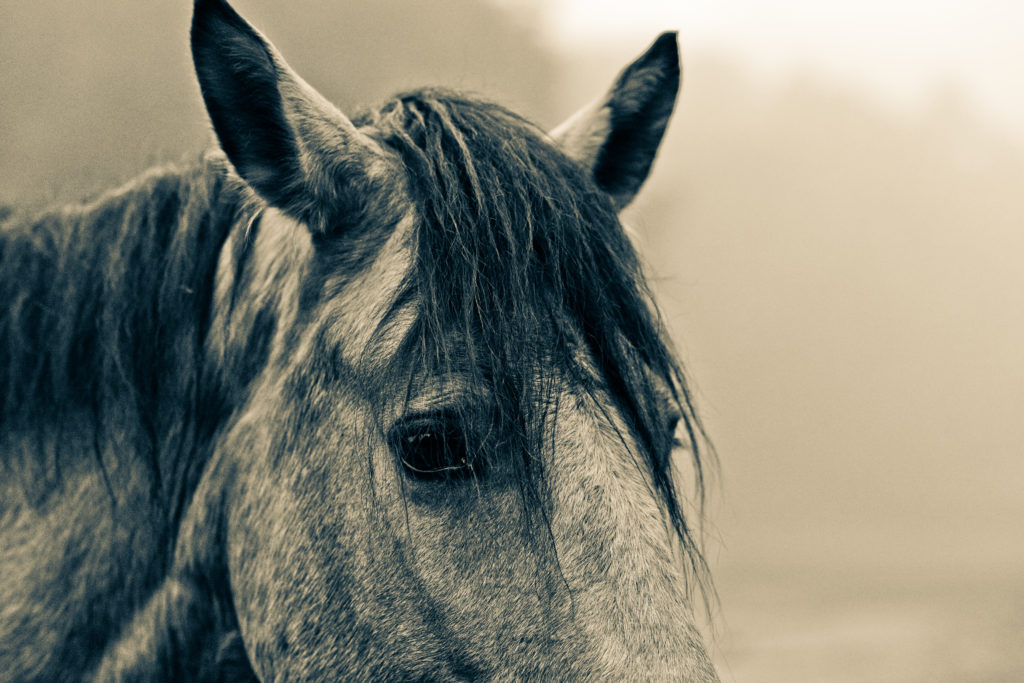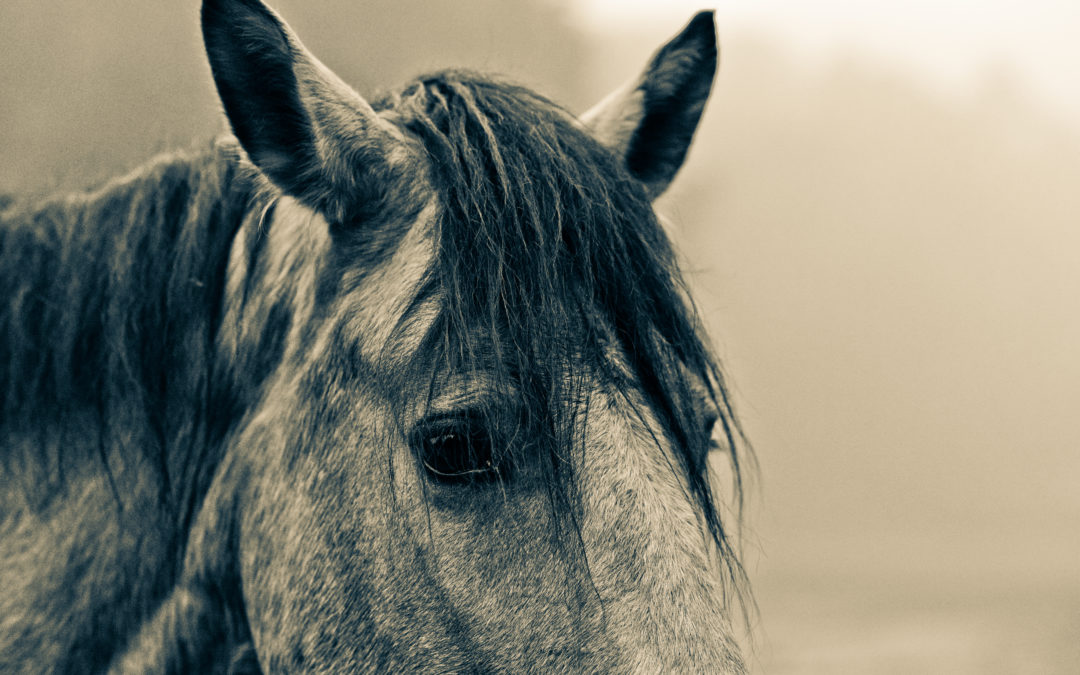
This past winter, I went on a restorative retreat in Oman. Part of the daily program was a privately guided yoga session each morning. The young woman who was to be my teacher had just arrived from her family home in India two days before I had.
The first few sessions were comic disasters. I am no stranger to yoga but between her broken English and my significant hearing challenges, we found ourselves in a state of utter confusion. She would demonstrate a pose and I would do my best to mimic it. She offered firm feedback on the precise things she wanted me to do differently. I couldn’t understand what she was trying to say and could sense her mounting frustration as she tried to force my fairly flexible body into the exact configurations she was looking for.
I tried to remain open to the process, as I sensed her desire to help me was coming from a good place, but it didn’t take long for my own frustrations to rise. Her forceful teaching methods were causing me to hyperextend my body and had already caused a slight injury to my back.
After two days of confusion and a bit of head butting, I noticed my inner dialogue was becoming judgmental. “This young woman shouldn’t be teaching anyone yoga. She clearly doesn’t know how to see the person in front of her and connect with them where they are.” I knew that I would have to change the situation if I was going to continue working with her.
When I took a moment to reflect, I noticed that my judgemental thoughts were a very important sign. Over the years, horses have shown me that when I start to become judgemental it’s a strong indication that I’m not connected to my own needs and boundaries. At first, it seemed absurd to my logical mind that I should try to express my boundaries with more assertiveness. Despite the young woman’s desire for me to reach the textbook perfect yoga pose, I could feel that she really meant well. I watched my inner dialogue make excuses for why I shouldn’t say anything: “She is a sweet young woman and new to this country. I don’t want to upset or offend her. She doesn’t understand English that well. I don’t want to come across as a stubborn yoga student. Maybe it’s best to just keep trying to go along with it.”
Horses have helped me become more aware of this familiar internal pattern—the one in which I worry more about someone else’s experience than my own. If I really wanted to form a genuine connection with my new yoga teacher, I was going to have to get grounded in my own needs. I was going to have to keep communicating my boundaries until I felt that they were being respected and that I was being understood.
The next morning, I showed up for yoga with a commitment to myself not to just go along with whatever she requested. I would stay lovingly rooted in my body’s needs and limits. Shortly into our session, the woman once again came over to physically move me beyond my comfort level. This time, I stopped her. I made eye contact and very firmly, but lovingly, communicated that I did not want any more physical modifications. I needed her to allow me to move on my own. She looked shocked. I reached for her hand and gave her a genuine smile. We continued and after a few more attempts, I remained consistent in setting a firm boundary. Eventually, she started to understand the message. I felt relieved.
Later that day, I invited her to join me for a walk after lunch. We tried to describe our families and backgrounds and share about our lives back home. We were still struggling to understand one another, but the connection between us had shifted. Instead of feeling frustrated, as we each had before, the feeling shifted to playfulness, laughter, and a commitment to keep trying to communicate. We were finally connecting on a heart level and the words were no longer as important.
The next morning at yoga she dialed back her need to make every pose perfect and I stayed true to my own physical limits. I was genuinely surprised to find that when it came to the balance poses, notoriously precarious for me due to my hearing loss and poor general balance, for the first time in a long while I was able to hold my balance. This experience reminded me just how important it is for each of us to stay true to our own needs and boundaries. Paradoxically, they are the primary ingredients in forming closer, more genuine connections with others.
This month I’d like to invite you to reflect on where you might be holding back. Is there a person in your life to whom you don’t allow yourself to fully express your needs? Where might you be making great logical excuses not to speak up for yourself? What might it be costing you? I want to encourage you to aim the desire to connect first towards yourself and then towards others so that you can then be brave in communicating your needs. It may take some persistence and a willingness to wade through a bit of discomfort, but the payoff is worth the risk! Instead of stirring about in judgements and resentment, use the opportunity to set yourself free and discover where it leads.


Thank you for sharing your story Koelle! So many of us struggle to be willing to ask to have our needs met, and then figure out how to do so. Your story is good medicine. I know from my own fledgling experience that positive results can happen fairly quickly.
I just had a very similar experience. The realization that my judgement and frustration at my friend and myself were really signals to allow my own needs—-a revelation! Many thanks, Koelle
Thank you so much for sharing your experience. Your story has highlighted to me what I have been feeling and struggling with – so, thank you for your honest insight. I really enjoyed reading this.